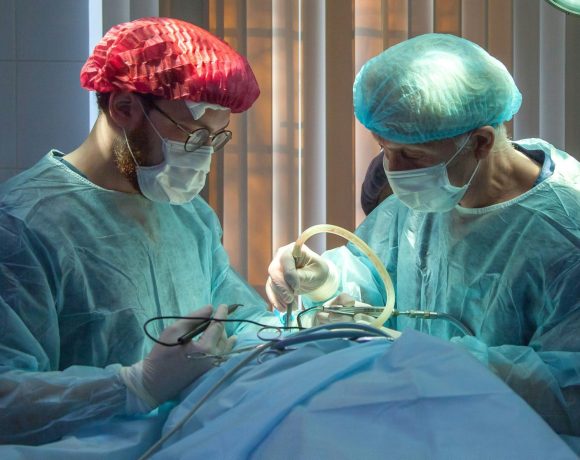Georgia certified malaria-free by WHO

After decades of effort
The World Health Organization (WHO) has officially certified Georgia malaria-free, marking the end of a nearly century-long battle against the disease. The announcement places Georgia among 45 countries and one territory that has reached this critical milestone.
Dr Tedros Adhanom Ghebreyesus, WHO Director-General, praised Georgia’s achievement: “Today we congratulate the people of Georgia for their decades of targeted and sustained actions to eliminate malaria, one of the world’s leading killers. Georgia’s commitment and success gives us hope that a malaria-free world is possible.”
Dr Hans Henri P. Kluge, WHO Regional Director for Europe, also celebrated the accomplishment: “This is a huge milestone worth marking. With Georgia’s achievement, the WHO European Region is another step closer to initiating certification as the first malaria-free region in the world. This success was made possible by sustained investment, the dedication of the health workforce, and focused efforts on prevention, early detection, and effective treatment of malaria cases.”
The WHO grants malaria elimination certification when a country proves, beyond a reasonable doubt, that Indigenous transmission has been interrupted nationwide for at least three consecutive years. Georgia has maintained this interruption for several years, leading to today’s certification.
Mikheil Sarjveladze, Georgia’s Minister of Health, stressed the importance of the certification as a testament to the sustainability of the country’s healthcare system. “This success means that Georgia can address important health challenges,” he said.
Malaria has been a major public health issue in Georgia for centuries. Before establishing systematic control efforts in the early 1900s, three malaria parasite species—P. falciparum, P. malaria, and P. vivax—were endemic in the country. By the 1920s, it is estimated that 30% of Georgia’s population suffered from malaria caused by P. vivax.
However, large-scale mosquito control programmes introduced in the 1940s significantly reduced malaria cases despite setbacks caused by World War II. After the war, Georgia intensified its efforts to eliminate malaria, using advanced medicines, insecticide spraying, and effective surveillance systems. By the 1950s, transmission of P. falciparum was halted, followed by P. malariae in 1960 and P. vivax in 1970.
Despite being malaria-free for 25 years, the disease resurfaced in 2002, with 474 reported cases. This led to renewed efforts to eliminate malaria, including Georgia’s commitment to the Tashkent Declaration in 2005, alongside nine other European countries. The country’s intensified interventions dramatically reduced cases, with the last Indigenous case recorded in 2009.
By 2015, all 53 countries in the WHO European Region, including Georgia, reported zero indigenous malaria cases. In 2017, the original signatories of the Tashkent Declaration, including Georgia, issued the Ashgabat Statement, pledging to take all necessary steps to prevent the re-establishment of malaria.
During the certification process in 2024, the Technical Advisory Group on Malaria Elimination and Certification, an independent WHO advisory body, confirmed that Georgia’s health system is well-resourced and functioning effectively. The country also benefits from strong public-private cooperation and significant political commitment to maintain its malaria-free status.
With Georgia officially malaria-free, Türkiye remains the only country in the WHO European Region yet to be certified.
Image: Malaria has been a major public health issue in Georgia for centuries. Credit: Rudy Kirchner
Last Updated on 2 months by Dan Ngiam












